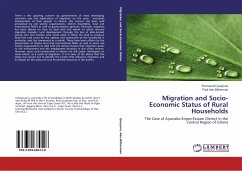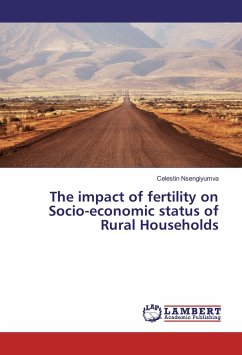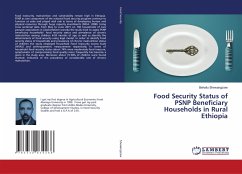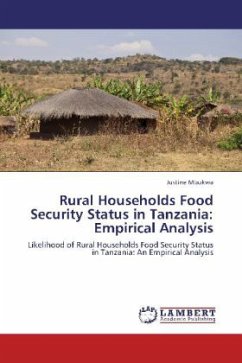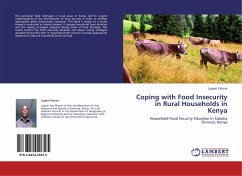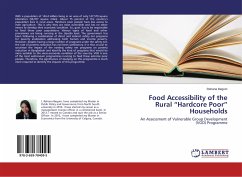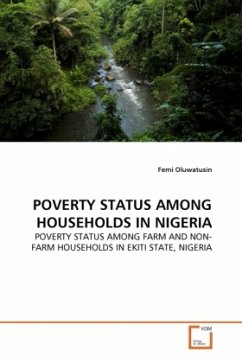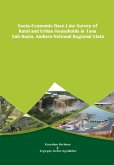There is the growing concern by governments of most developing countries over the implications of migration on the socio - economic development of their people. In Ghana, this concern has been well articulated by civil society organizations, District Assemblies, local and international NGOs as well as governmental agencies. Particular emphasis has been placed on how to deal with the extent to which internal migration impedes rural development through the loss of able-bodied young men and women who could assist in tilling the land to produce food and cash crops for the upkeep and sustenance of the household in particular, and the community as a whole. There have been efforts by the government of Ghana local and international NGOs as well as some civil society organizations to deal with the serious threats that migration poses to the environment and the employment situation in the urban centres. However, most rural communities in Ghana are still under- developed, to some extent, asa result of migration. It is in view of the above that this study was carried out to identify the factors that influence migration and its impact on the status of rural household resources in the district.
Bitte wählen Sie Ihr Anliegen aus.
Rechnungen
Retourenschein anfordern
Bestellstatus
Storno

